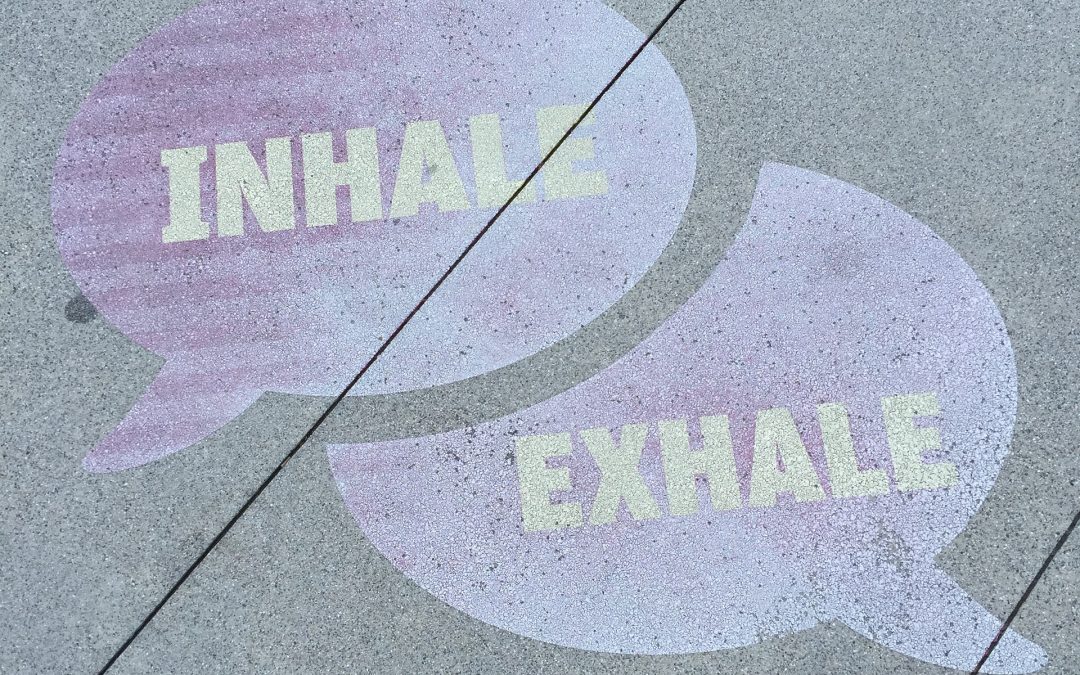I’ve been going to a mindfulness meditation class for the last couple of weeks. Thankfully we haven’t had to sit on the floor, crossed legged and chanting for hours at a time. Instead it’s been really interesting learning various techniques to help focus your mind on the present moment.
The idea of mindfulness it to concentrate on what’s going on right now instead of worrying about what’s happened in the past or thinking about what’s about to happen in the future and that never ending to do list. It can be as simple as noticing the world around you when you’re driving or walking (rather that going into autopilot), closing your eyes and scanning your body to see how it feels or concentrating on your breathing.
Those few mindful minutes can help to relieve stress, boost concentration and help you to become more aware of how you’re really feeling (emotionally and physically).
How stress affects the body:
When we are feeling stressed our sympathetic nervous system kicks into action – known as the ‘fight or flight’ response. Stress hormones (cortisol and adrenaline) are released which increases heart rate, contracts muscles, dilates pupils and stops digestion to make you ready to fight or run.
This system kicks into action with any perceived threat. The human body cannot tell the difference between having too many work deadlines, being late for an appointment or being chased by a lion. It responds in the same way.
Non essential systems like the digestive and immune system get shut down as they are low priority for you to fight or run away. For this reason chronic stress can cause digestive issues, cold sores, frequent colds, feeling run down, high blood pressure and muscle tension. The less time we spend in ‘fight or flight’ mode the better.
Mindful Breathing:
I’ve liked doing this technique the most so I thought I would share with you to try yourself.
- Find a quiet place to sit in a chair. Place your feet flat on the floor, sit upright with your hands resting in your lap.
- Close your eyes and breathe normally.
- Focus on where you can feel your breath the most (I feel this in my ribcage expanding but you might feel your chest, belly, nostrils etc).
- Try to stay focused on that area of your body. Notice if your breathe is even, or if it changes.
- When your mind wanders off (and it will!), gently bring your attention back to the breathing. You may find it helpful to say in your head ‘breathing in’ and ‘breathing out’.
- Keep doing this for a few minutes or for as long as you like.

